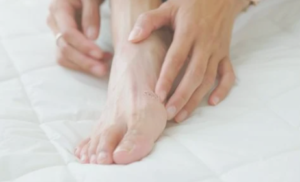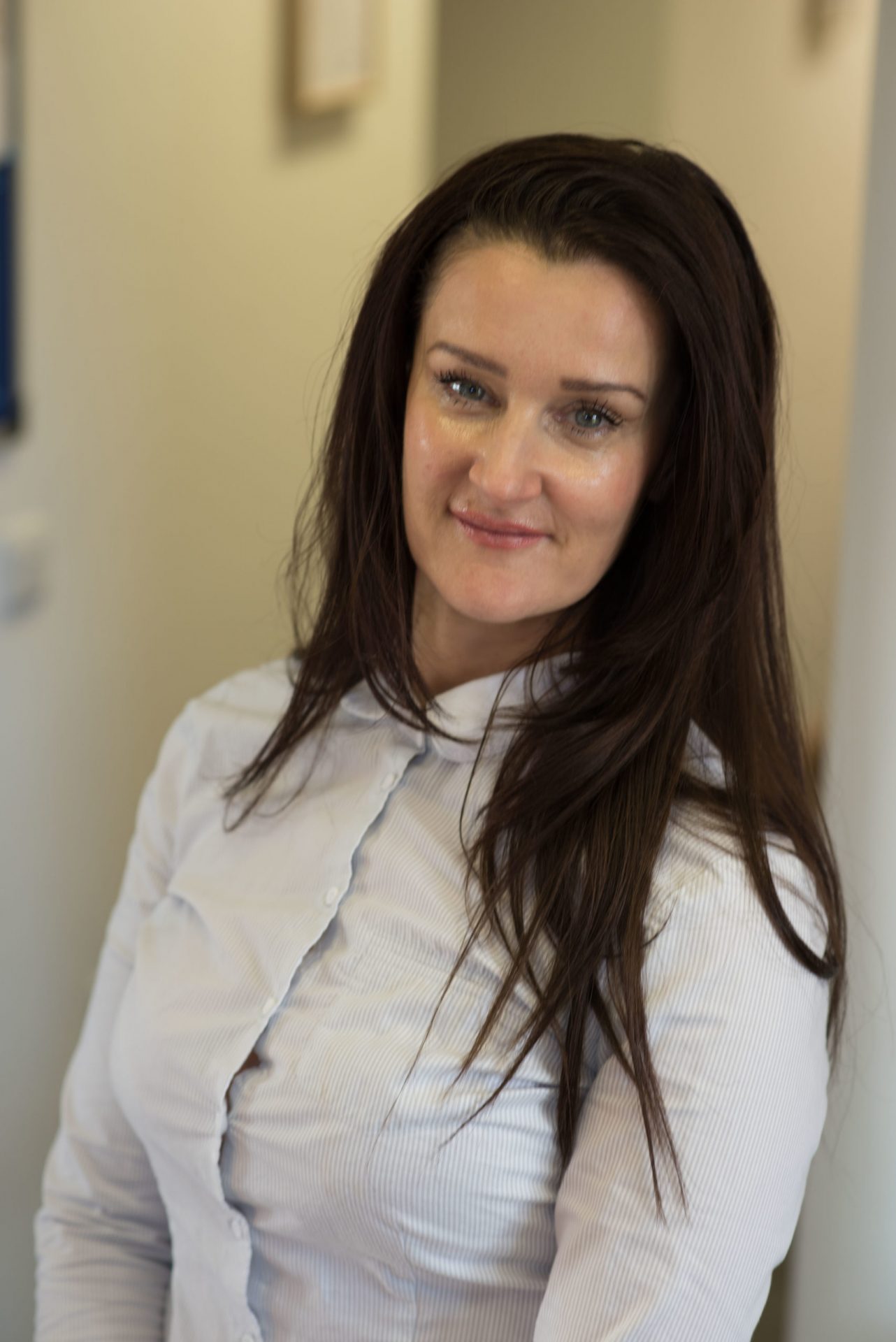What is Onychauxis?
Onychauxis is the thickening or overgrowth of nails. It can occur in both the fingernails and toenails and can develop from many causes. This thickening of the nail may force the nail plate to separate from the nail bed. Though fungal nails can cause similar symptoms, onychauxis is not normally caused by a fungus. Nevertheless because it is a nail abnormality your risk for developing a fungal infection increases if you do have this nail disorder.
Symptoms of Onychauxis
include:
- abnormal thickening of the nail
- yellow or white appearance
- red or black colouring if left untreated
- separation of the nail plate from the nail bed
- brittle crumbling around the edges of the nail
- pain
The signs may become more severe if it is left untreated. The nails may start to curl and they may become so thick to the point that it’s impossible to trim or maintain them and can affect simple walking.
What causes Onychauxis?
- Any change to the nail plate/root/bed
- Age i.e. metabolic change and poor circulation
- Fungal/bacterial infections
- Trauma/ injury (e.g. by dropping something heavy on your toe or repetitive pressure from shoes)
- Systemic diseases (i.e. psoriasis, eczema, arthritis, cardiovascular disease, poor circulation, diabetes, cancer)
- Rare disorders for example Darier disease or Pityriasis rubra pilaris
Prevention of Onychauxis
- Proper Nail Trimming. Trim your toenails straight across the upper edge rather than making them round at the top (*where possible). The rough edges should be managed with a soft not abrasive nail file. It is also a way to avoid ingrown toenails which can have a life of their own and become a life long irritation.
- Wear Proper Fitted Shoes. Wear shoes that provide enough space for your toes to breathe. Try wearing open-toed supportive sandals from time to time. This will give space for your toenails and let them grow easily as injury to the nails can also increase the risk for Onychauxis.
Are you suffering from this condition? At The Chelsea Clinic, we can help. One of our podiatrist can assist and then recommend what treatments are best to get you back on track.  Podiatrist South Kensington
Podiatrist South Kensington
Schedule an appointment here or you may call us at +44 (0) 207 101 4000. 
We hope you have a feetastic day! 

-The Chelsea Clinic and Team


 Podiatrist South Kensington
Podiatrist South Kensington




